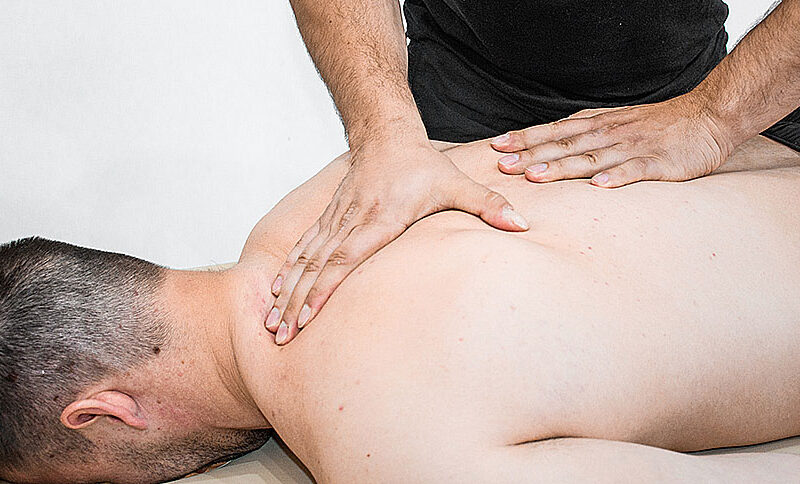When a pediatric dentist recommends root canal treatment to your child, you need to support your child before, during, and after a root canal. You should understand that going through the root canal procedure is/was not easy for your child. For everyone, this procedure is a little bit scary and a little bit painful. You should know that your child was extremely brave to successfully go through the treatment. Now it is your responsibility to make your child feel happy and comfortable.
Post-child root canal symptoms
Just like any other treatment, there is a recovery period after a root canal. Luckily, root canal procedure is not as invasive and complicated as tooth filling, your child’s recovery will be faster. However, your child may feel any of the below-mentioned post root canal procedure symptoms:
Pain
Your child may experience pain because of soreness. Well, most of children get relief from post root canal pain with over-the-counter treatments. But it is not good to avoid the pain. If the pain intensity is high and lasts for a long time, visit the pediatric dentist for pain relief. It is important to treat the pain to avoid further discomfort.
Signs of Infection
In case your child is experiencing severe pain, swelling or fever after root canal operation, it might be because of infection. It is because of the presence of pus-filled pockets in the gums. It is the responsibility of parents to look for the signs of infection after child root canal procedure. The only way to treat this infection is to visit the dental clinic as soon as possible. Only a qualified dentist can treat the condition and provide relief to your child.
Oral care after child root canal
Since child root canal treatment does not involve filling, stitches or incisions, you need not have to worry about measures while flossing and brushing. Your child can normally brush and floss his/ her teeth after root canal treatment. However, make sure that your child is maintaining proper oral hygiene. Having a proper oral care routine after root canal treatment is very important, and your children should brush twice a day and floss daily to maintain the health and beauty of their smile after their root canal procedure.
How and why do dentists fix cavities for children?
cavities
Modern lifestyle is a big toll on the health of children, especially on dental health. Although children are using teeth that they will lose eventually, those teeth are required to stay until the permanent teeth grow. These teeth are important to stay in healthy condition to make sure that adult teeth grow properly and with enough room. Cavities are one of the common dental diseases in children. This condition is not good for overall dental health. Dentists in dental clinics fix the cavities to prevent tooth decay and gum diseases.
Cavity treatment for children
Cavities are categorized as chronic childhood diseases by the National Institutes of Health. It is the second most common health problem among children in the United States. In spite of your best efforts to make sure good oral hygiene, often times kids end up getting cavities. Cavities are dangerous at every age because dental health is the most essential aspect of oral health. If your child has cavities, he or she will have chewing difficulties, toothache, and gum pain. The sooner a child receives treatment, the higher the possibility of reversing cavities’ effects and stifling its progress. Treatment options for cavities depend on the extent of the decay and the child’s specific situation.
Cavities are holes in the teeth that occur from a variety of factors such as –poor diet, improper oral care, and ignored dental hygiene. Cavities progress over time. The holes get to deepen and reach to the innermost layer of the teeth. Cavities may also spread to other teeth, even from primary to permanent teeth. The good news is that cavities are preventable and treatable.
How cavities are treated?
To treat cavities, your dentists may drill the cavities and fill them. The presence of primary teeth when adult teeth come aids the adult teeth growth properly, so losing teeth before adult teeth are ready to come out is not good for the growth of permanent teeth.
Dentists generally use metal fillings in primary teeth, ceramic and gold fillings are rarely used. Metal fillings are common because they require lesser time to put in and because they are cheaper than composite fillings.
Cavity treatment is important to maintain good oral health. It is recommended to take timely measures to avoid further problems. However, choosing a reputable and trustworthy dentist for cavity treatment is important.


